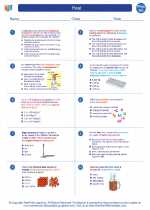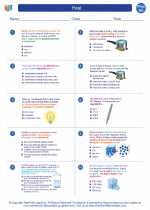Epigenetic Regulation
Epigenetic regulation refers to the control of gene expression through mechanisms other than changes in the DNA sequence. These mechanisms include DNA methylation, histone modifications, and non-coding RNAs, which can alter the structure of chromatin and regulate gene expression. Epigenetic changes are heritable and can be influenced by environmental factors, contributing to the diversity of cell types and the regulation of developmental processes.
Key Concepts
- DNA Methylation: Addition of a methyl group to the DNA molecule, often occurring at CpG sites, which can repress gene transcription.
- Histone Modifications: Chemical alterations to histone proteins, such as acetylation, methylation, phosphorylation, and ubiquitination, that influence the accessibility of DNA and the recruitment of transcriptional machinery.
- Non-Coding RNAs: RNA molecules that do not encode proteins but can regulate gene expression at the transcriptional or post-transcriptional level.
- Chromatin Remodeling: Changes in the packaging and structure of chromatin that impact gene accessibility and expression.
- Epigenetic Inheritance: The transmission of epigenetic marks from one generation of cells to the next, influencing phenotypic traits.
Study Guide
Here are some key points to focus on when studying epigenetic regulation:
- Describe the processes of DNA methylation and demethylation, and their impact on gene expression.
- Explain the role of histone modifications in regulating chromatin structure and gene transcription.
- Discuss the function of non-coding RNAs in epigenetic regulation and provide examples of specific types of non-coding RNAs.
- Compare and contrast the mechanisms of epigenetic inheritance with genetic inheritance.
- Investigate the influence of environmental factors on epigenetic changes and their implications for human health and disease.
Understanding epigenetic regulation is crucial for comprehending the molecular mechanisms underlying development, differentiation, and disease. By grasping the intricate interplay of epigenetic factors, one can gain insights into the complexity of gene regulation and its impact on cellular function and organismal diversity.



